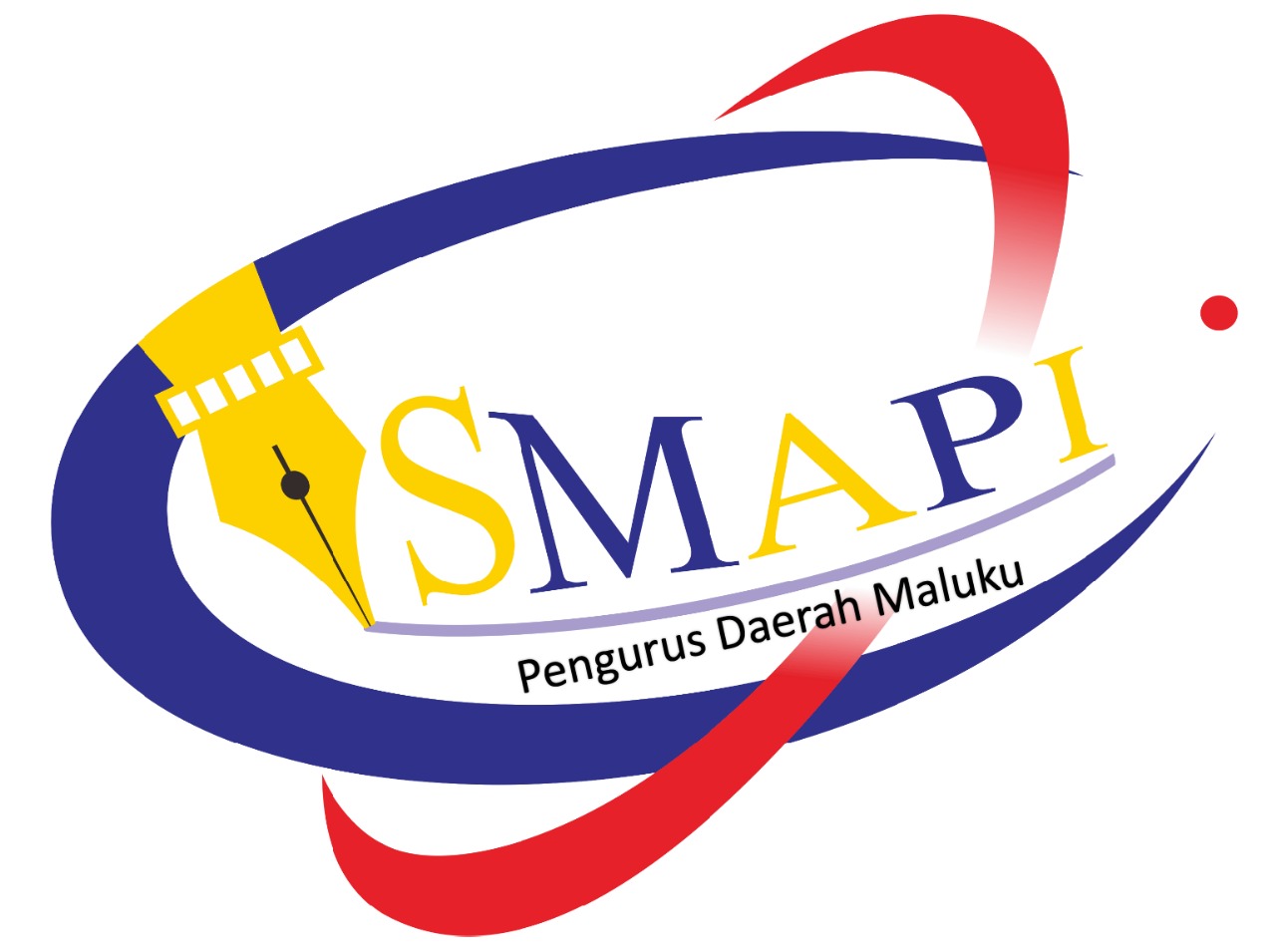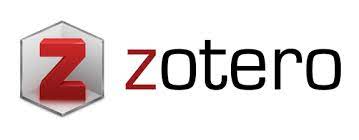SELF-REWARD BEHAVIOR AS A STRATEGY TO REDUCE ACADEMIC STRESS: EVIDENCE FROM EDUCATIONAL CONTEXT
DOI:
https://doi.org/10.59397/edu.v3i2.104Keywords:
Academic Stress, Coping Strategies, Higher Education, Self-Reward, Student Well-BeingAbstract
Academic stress is a pervasive issue among university students, driven by increasing academic demands, high expectations, and insufficient coping mechanisms. This study aimed to analyze the relationship between self-reward behavior and academic stress among sixth-semester students at the Faculty of Teacher Training and Education, Universitas Sanata Dharma Yogyakarta. Employing a quantitative correlational design, the research involved 212 respondents selected through purposive probability sampling. Data were collected via online questionnaires utilizing validated and reliable Likert and Guttman scales. The findings revealed that 80.2% of students reported high self-reward behavior, while 51.4% experienced high academic stress. Statistical analysis using Spearman’s rank correlation indicated a significant but weak negative relationship between self-reward and academic stress (r = -0.207, p = 0.002), suggesting that greater self-reward behavior is associated with reduced academic stress. In conclusion, while self-reward alone may not fully alleviate academic stress, it serves as a potential coping strategy that can enhance emotional well-being and support academic adjustment. The study contributes to the literature by highlighting the contextual effectiveness of self-reward in education and recommends further research to examine additional coping strategies and the long-term effects of self-reward interventions in diverse educational settings.
Downloads
Published
How to Cite
Issue
Section
Citation Check
License
Copyright (c) 2025 EDUCATIONE

This work is licensed under a Creative Commons Attribution 4.0 International License.




















